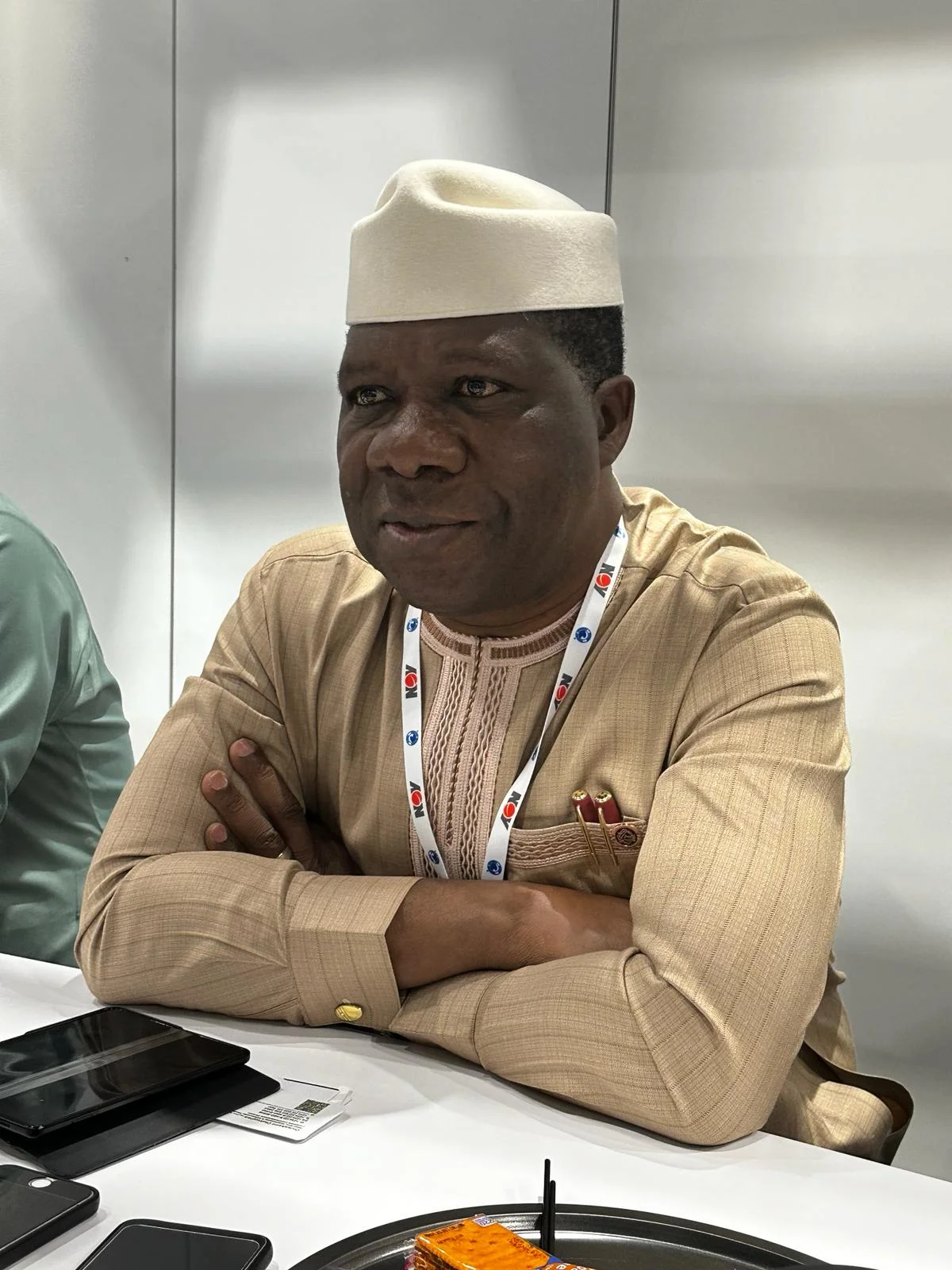News
Fuel scarcity to be over soon – Senate leader

The Senate Leader, Opeyemi Bamidele, has assured Nigerians that the fuel crisis experienced in the country will soon be a thing of the past.
Bamidele gave this assurance in an interview with newsmen on the sidelines of the Oil Technology Conference (OTC) in Houston, Texas, on Friday.
According to him, the legislature is working tirelessly to ensure that fuel scarcity and frequent queues at filling stations are resolved.
He said that there were plans to involve more private-sector players in the construction of new refineries.
“The Senate is working to ensure that more private-sector players are licensed to own and operate refineries.
“This is to support other smaller ones that are springing up in several parts of the country.
“In addition to licensing new refinery operators, the Federal Government and Senate are working to ensure that the existing refineries are turned around with repairs and replacement of parts carried out where necessary.
Bamidele said the Senate had gotten assurance from the Nigerian National Petroleum Company Ltd., (NNPC Ltd.) that two of its refineries in Warri and Port Harcourt would come on stream before the end of the year.
He also noted that the commitment to licensing new refinery operators and revitalising existing refineries remained vital for increasing domestic oil production.
Opeyemi maintained that the focus was to ensure that Nigeria meets its OPEC production quota.
He explained that achieving such milestones would provide more revenue for the government and halt lack and borrowings.
By enhancing local refinery capacity, the Senator said that the country could reduce its dependence on fuel imports, leading to a potential decrease in petrol prices.
He explained that what drives pricing is the ability to meet demand in the face of every product, finding its level and place in a free market.
Also speaking, the Chairman, Senate Committee of Downstream, Sen. Ifeanyi Ubah, said the last Turn Around Maintenance (TAM) that happened at the refineries was about 15 years ago, which led to the comatose state of the facility.
Ubah said that the non-deregulation of the downstream sector had put undue pressure on NNPC Ltd., as the entire industry depends on the company for its petroleum needs.
He pointed out that no country could meet its energy needs by having a single entity; importing its petroleum product needs.
However, to be self-sufficient, Ubah urged the government to create a cluster of five to eight modular refineries within the riverine communities. (NAN)

